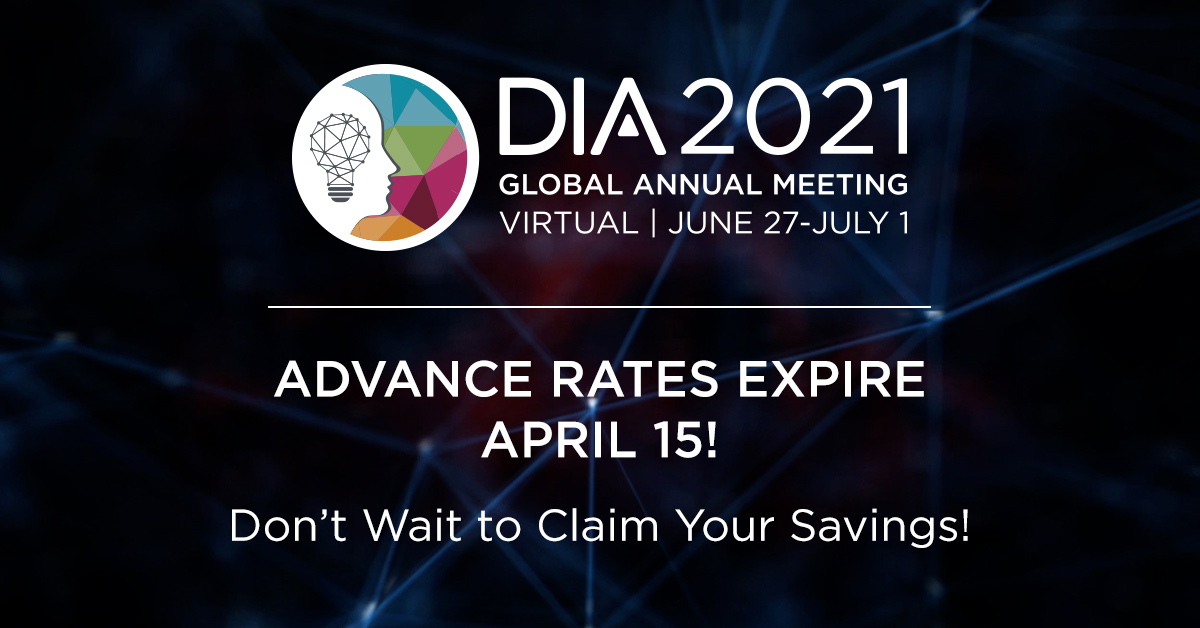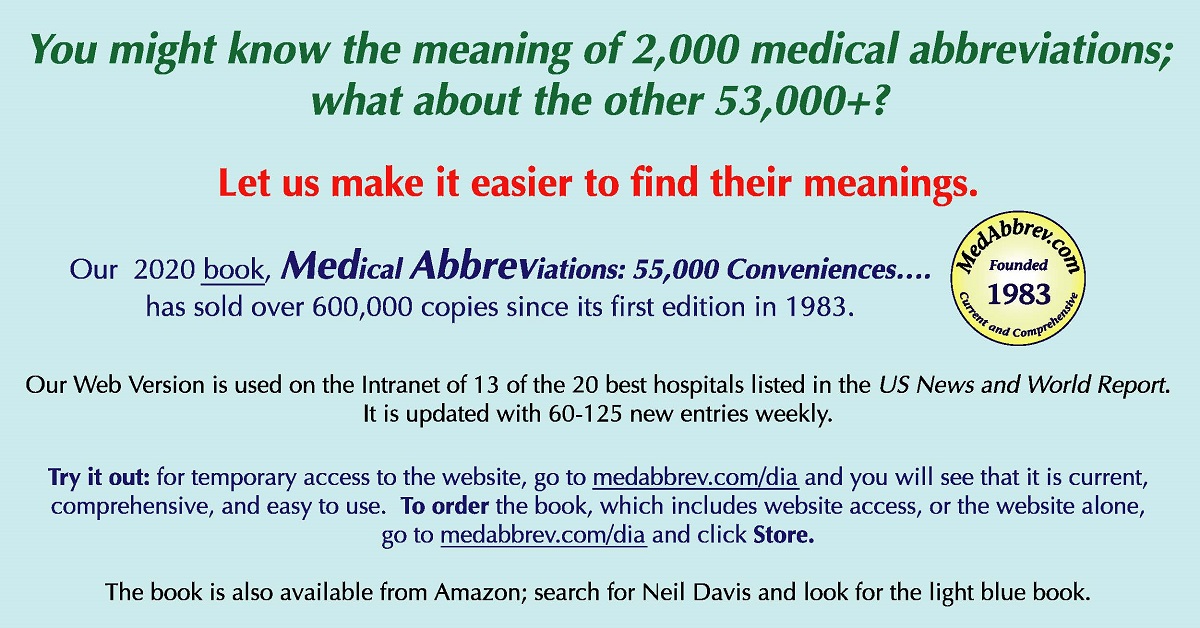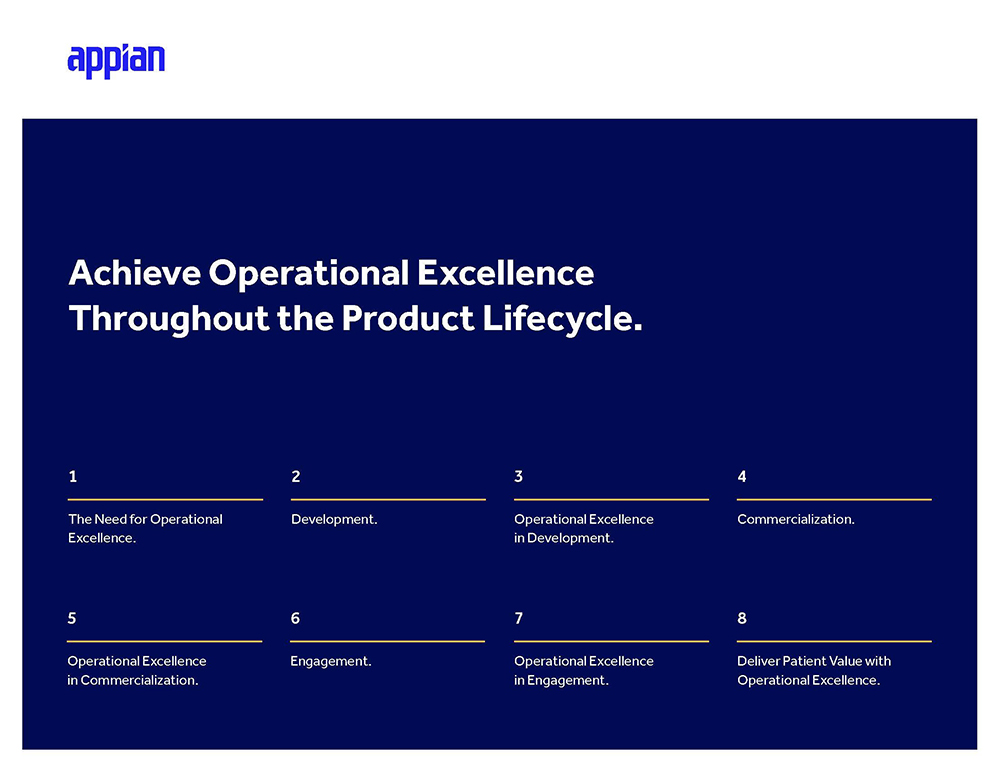Table of Contents
WHITE PAPER
WE ARE DIA
EXECUTIVE LEADERSHIP
Subscribe
Love Global Forum‘s new online format? Subscribe today and never miss an issue.
Editorial Board
Content stream editors
Gary Kelloff US National Institutes of Health
David Parkinson ESSA Pharma, Inc.
regulatory science
Isaac Rodriguez-Chavez PRA Health Sciences
Patient engagement
Trishna Bharadia Patient Advocate and Media Contributor
Mary Stober Murray National Minority Quality Forum
VALUE AND ACCESS
Monika Schneider Shionogi
Editorial Staff
Sandra Blumenrath, Managing Editor, Scientific Publications DIA Scientific Communications
Chris M. Slawecki, Senior Digital Copyeditor DIA Scientific Communications
Regional Editors
David Mukanga Bill and Melinda Gates Foundation
ASEAN
Jin Shun Sandoz
AUSTRALIA/NEW ZEALAND
Richard Day University of New South Wales, Medicine, St. Vincent’s Hospital
CANADA
Judith Glennie JL Glennie Consulting, Inc.
CHINA
Ling Su Shenyang Pharmaceutical University, Lilly Asia Ventures
Europe
Thomas Kühler Sanofi R&D
INDIA
J. Vijay Venkatraman Oviya MedSafe
JAPAN
Ozawa Goshi Real World Data Co. Ltd.
LATIN AMERICA
Cammilla Gomes Roche
USA
Ebony Dashiell-Aje BioMarin
Young Professionals Editors
Saloni Patel Acorda Therapeutics
DIA Membership
Bringing together stakeholders for the betterment of global health care.
Duke University
American Society of Clinical Oncology
American Society of Clinical Oncology
Vrije Universiteit Amsterdam, The Netherlands
Radboud University Medical Center, The Netherlands
Netherlands Cancer Institute, The Netherlands
Queens University, Canada
University of British Columbia, Canada
Queens University, Canada
American Society of Clinical Oncology
nnovations in molecular and genomic analysis have advanced our understanding of cancer biology and progression. It is now clear that cancer is a heterogeneous group of diseases and many of the available therapies may work only in a subset of patients. Furthermore, it is well-established that tailoring treatments to specific oncogenic drivers in patients with various cancers leads to improved clinical outcomes.
Despite remarkable advances in tailoring treatments, the impact of precision medicine has yet to be fully realized in many clinical settings. Nevertheless, this field has been ignited, and we have seen a surge in prospective trials that match patients to drugs based on their tumor’s genomic alterations to identify signals of drug activity.
raditional clinical trials have created a series of deficiencies in diversity and inclusion (D&I). Decentralized clinical trials (DCTs) enabled by digital health technologies (DHTs) offer new opportunities to improve D&I. These trials offer advantages driven by increasing convenience for participants by breaking geographic barriers with the use of technology. However, the implementation of these trials alone will not be enough to address D&I deficiencies. Multipronged approaches are needed to overcome barriers and to realize the benefits of enhancing D&I in DCTs enabled by DHTs. These approaches should include D&I plans at the regulatory, organizational, and trial participant level.
ecognizing the need to build reliable industry-wide capacity for systematic patient engagement, several multi-stakeholder initiatives have introduced patient engagement toolkits, training programs, and individual guidance over the past few years. This article describes key organizations, initiatives, and resources driving the convergence towards establishing systemic patient engagement capacity and operational practices. Stakeholders can access resources to pursue patient engagement credentials independently and to implement functions and practices within their organizations.
Key Takeaways
- Individuals involved in medicines development now can receive professional credentials in patient engagement.
- Organizations can transform culture towards patient-centeredness by leading the adoption of co-created patient engagement training, toolkits, and tools that value and reflect input from patients, caregivers, and advocates in operational activities, including compensation and contracting, protocol design, and quality measurements.
- Many of the trainings and toolkits are available now for free or at low cost to individuals and organizations to facilitate adoption, influence standard operating procedures, build capacity, and drive the culture shift towards a common view of patient engagement throughout medical product development.
igital technologies, defined as the electronic tools and devices that can produce, analyze and store data, have the potential to transform clinical trials by supporting virtual interactions between patients and researchers and clinicians. In April 2020, it looked like more than half of investigative sites were shifting to virtual methods of patient interaction. However, results from DT Consulting’s inaugural clinical trial survey indicate that many clinical trial sites are still reluctant to integrate digital technologies into their process and that cost, complexity, and finding the right technologies are the main barriers to digital adoption. This, despite the extraordinary disruption and halting of trials after the outbreak of COVID-19.
Around the Globe
Amity Institute of Pharmacy, Amity University, India
International Pharmaceutical Quality, Sweden
Amity Institute of Pharmacy, Amity University, India
n the current innovation era and in the wake of COVID-19, two topics of rising importance for enabling patient access to newer treatment modalities are regulatory harmonization and drug-device combination products.
- Improved targeting of treatments,
- Enabling home treatment, and
- Realizing the potential for digital technologies to optimize and monitor clinical outcomes.
Innovative, integrated delivery devices are useful for vaccines as well as treatments required for cancer, heart disease, multiple sclerosis and many more serious and chronic diseases. Drug-device combination product types include the classic prefilled syringes and pens, auto-injectors, metered-dose inhalers, dry powder inhalers, and increasingly the inclusion of connected software. However, regulation of these products is complex.
Around the Globe
Abbvie on behalf of FIFARMA Regulatory & Biologics Working Group
egulatory reliance is increasingly used around the world by National Regulatory Authorities (NRAs) with different levels of maturity. This concept is actively promoted by organizations such as World Health Organization (WHO), the Pan American Health Organization (PAHO) as a mechanism for NRAs to better manage resource capacity issues while simultaneously strengthening regulatory systems. This article presents some practical considerations and opportunities for a successful implementation of regulatory reliance with a focus on the specificities of NRAs in Latin America and the Caribbean.
Regulatory reliance is anchored in the overarching Good Regulatory Practices (GRP) and provides a process for sound and effective regulation of medical products (i.e., medicines, vaccines, blood and blood products and medical devices including in vitro diagnostics and other health products), as an important part of strengthening health systems. Countries with efficient regulatory systems will serve their patients by ensuring that safe, quality, and effective medical products are approved and are accessible to patients in a timely manner. Clear public health priorities based on medical needs, availability of medical innovation and regulatory capacity assessments should guide NRAs approaches to regulatory reliance.
![]() Podcasts
Podcasts
Around the Globe
Roche
University of Southern California
Several national activities, formalized organizations, and mechanisms were highlighted in light of the world’s ongoing pandemic emergency.
The US FDA continues to support faster exchange of COVID-19 related information, ongoing participation in international initiatives to respond to the pandemic (such as creation of the Emergency Use Authorization [EUA]), and the continuous assessment and dissemination of lessons learned.
Brazil’s ANVISA has organized its 2020-2022 Strategic Plan into principles, objectives, and initiatives that will guide the transformation of government through digital technologies in Brazil. This transformation will also deliver efficiency gains for public management, issuance of the International Certificate of Vaccination and Prophylaxis, an established digital trajectory for both the government and the economy, and strategic alignment between government actions and other measures to stimulate an increasingly digitized, dynamic, productive, and competitive Brazilian economy.
Around the Globe
Boehringer Ingelheim
Patient Advocate
nderrepresentation of Black and Indigenous people of color (BIPOC) and other racial and ethnic minorities in clinical trials is a longstanding issue. The disparate impact that COVID-19 has had on BIPOC, Hispanic, Latinx, and Asian communities, combined with the underrepresentation of these subgroups in some COVID-19 clinical trials, has brought a sense of urgency to address this historic challenge. Within the past year, the Pharmaceutical Manufacturers of America (PhRMA) released the first industry-wide principles on clinical trial diversity; the Multi-Regional Clinical Trials Center published the “Achieving Diversity, Inclusion, and Equity in Clinical Research” guidance; and the US FDA released a final guidance to encourage the inclusion of groups that are often overlooked in clinical trials.
White Paper
White Paper
Best Practices in the US
Acorda Therapeutics Inc.
he promotional review committee is a critical function within pharmaceutical companies actively promoting their prescription drug products. Comprised of a core team representing Medical, Legal, and Regulatory professionals, the goal of a review committee is to approve advertising, promotional, and educational materials. This brief review illustrates the principles of promotional review and industry best practices.










